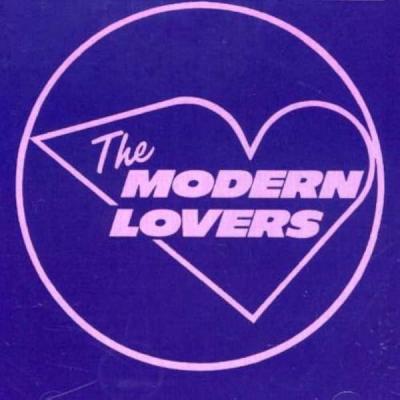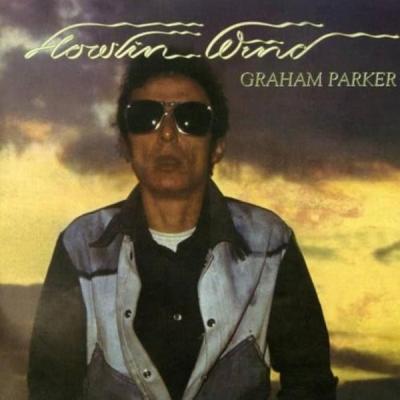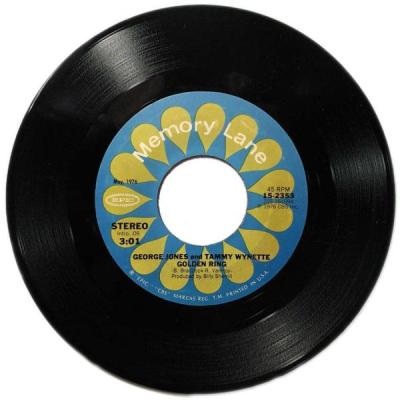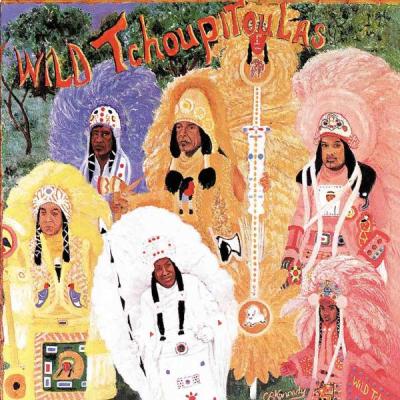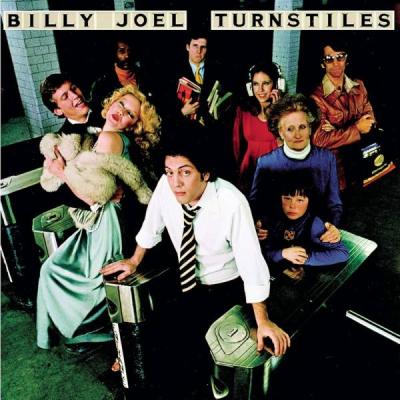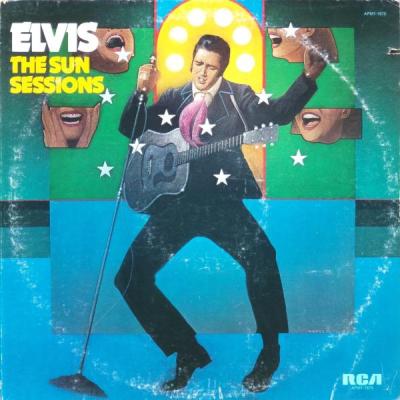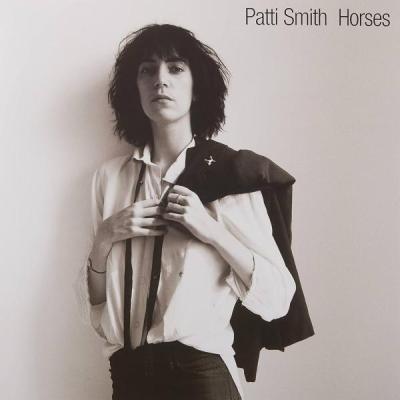

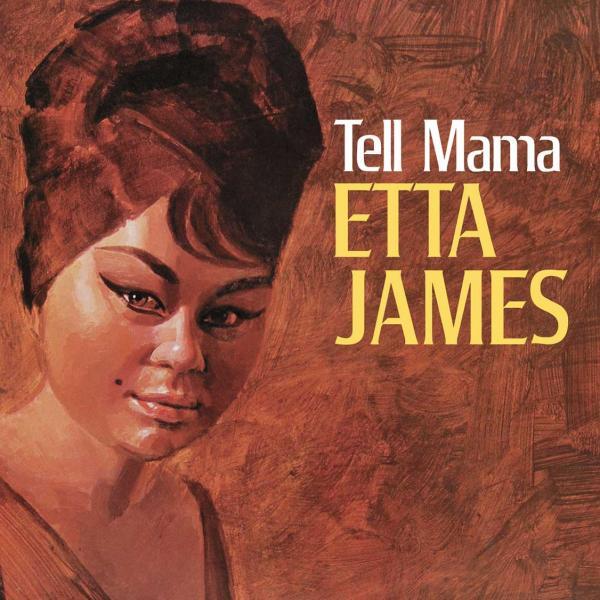
Etta James: Tell Mama
Album #100 - August 1968
Episode date - July 12, 2017
What a wild rollercoaster ride her career was. Etta James had plenty of times when the ride would lift her up, but she always plunged back down at hair-raising speed.
Shuffled between foster parents during her formative years, some who were abusive, did not present many opportunities for success, but an encounter with bandleader Johnny Otis at the age of fourteen led to her first recording session. Otis had an idea for an answer record to Hank Ballard’s sexually suggestive “Work With Me, Annie,” where the female responds in kind, titled “Roll With Me, Henry.” James contributed to the songwriting and after softening the verb from ‘roll’ to ‘dance’, a surprise R&B hit ensued (a whitewashed version of “Dance With Me Henry” would go to #1 on the pop charts when it was covered by Georgia Gibbs, stealing much of the fire from James’ far superior version). Getting the opportunity to be a teenaged star, touring the country with one of the best R&B bands in the land was a fortuitous start for her career, but the experience caused her to grow up too fast, and the hits ceased as quickly as they started.
In 1960, she signed with Chess, hoping for a revitalization of her career, and Leonard Chess obliged. By pushing her toward an orchestrated style much like Ray Charles’ records of that era, she recorded her first album, entitled “At Last!”, with strings. The result was a crossover masterpiece that combined sophisticated soul with blues and jazz elements, and yielded four hit songs. This time, difficult relationships and drug problems would derail her career, and she once again fell out of the public eye. By 1967, the southern soul sound emanating from Memphis and Muscle Shoals had been changing the face of popular music, so despite her difficulties, Leonard Chess decided to team James with Rick Hall’s Fame Recording Studios. The result was one of the most consistently excellent series of recordings to emanate from Muscle Shoals. Etta James sang with all of the pain and experience of her personal life while the Swampers (the name given to the Muscle Shoals Rhythm Section) supplied perfectly seamless accompaniment to her expressive vocals.
“Tell Mama” got attention and placed James back onto the pop charts, but the album’s centerpiece is surely the emotionally harrowing “I’d Rather Go Blind.” Strong versions of Don Covay’s “Watch Dog” and Otis Redding’s “Security” added consistency to the album, and the net result was strong enough to appeal to contemporary rock and roll audiences. At a time when Janis Joplin was rendering the blues into frantic melodrama, James just did what came naturally. Decades on, her music sounds all the better for it. Unfortunately, the crest of “Tell Mama” would be followed by another fall, a pattern that would haunt Etta James for the rest of her life.
August 1968 - Billboard Charted #82
Related Shows
- 1 of 20
- ››


